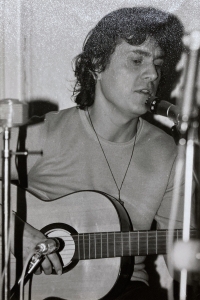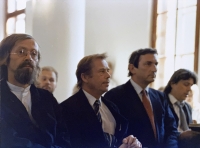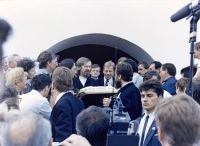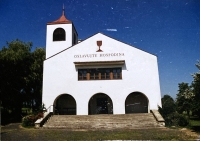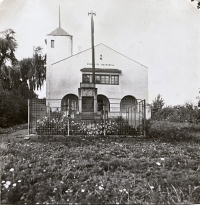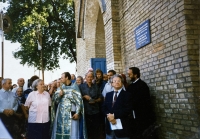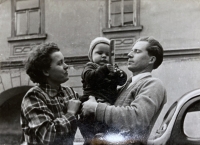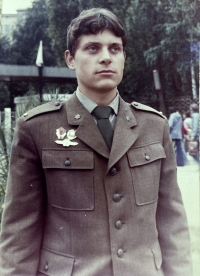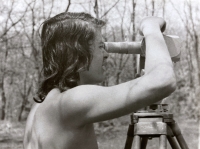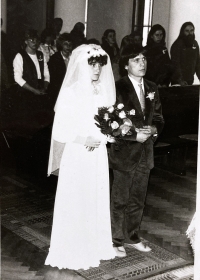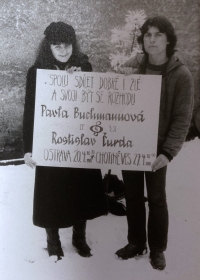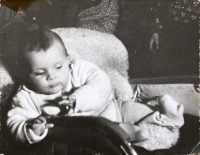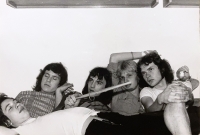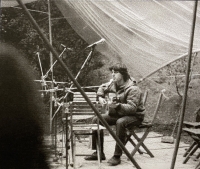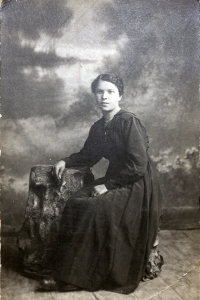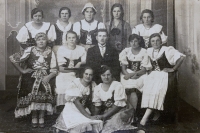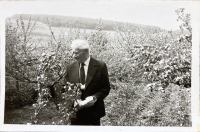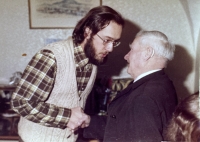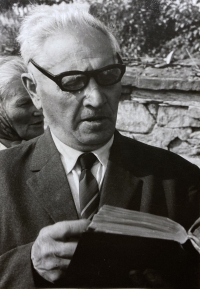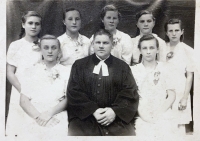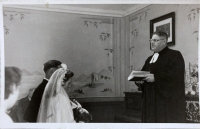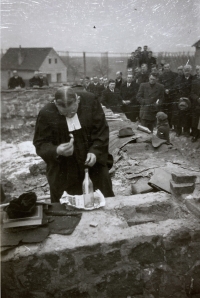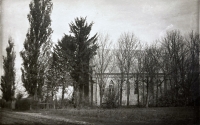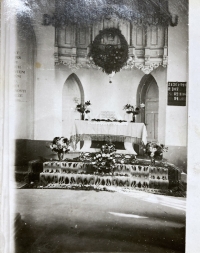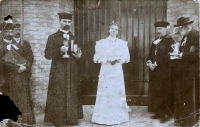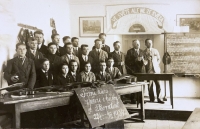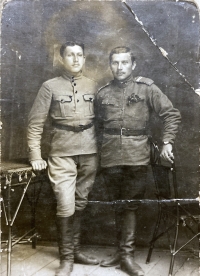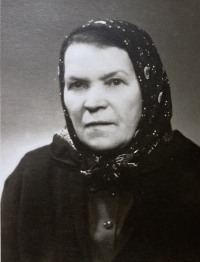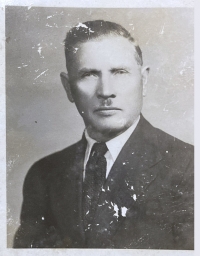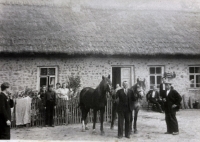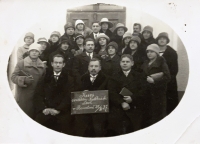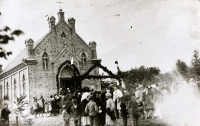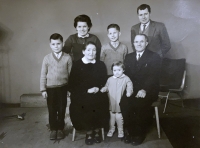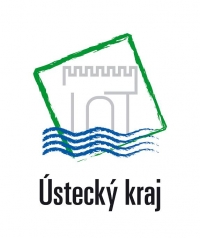The preaching station in Úštěk was an oasis of freedom

Stáhnout obrázek
Rostislav Čurda was born on 5 April 1957 in Litoměřice. His mother came from the Volhynian village of Český Boratín (Boratyn), which was repatriated to the Czech village of Chotiněves together with the entire evangelical congregation. His grandfather Vladislav Vlk came from Volhynia as a member of the 1st Czechoslovak Army Corps. The witness graduated from the secondary industrial school of land surveying and worked as a surveyor all his life. In the 1970s, he began to meet with the Chartist Zdeněk Bárta, who was then a parish priest in Chotiněves and who brought him into the company of dissidents and the underground. Since the early 1980s he has been performing as a singer-songwriter and writing poetry. In 1989 he was at the birth of the Civic Forum in Úštěk. In 2021 he worked in the Diakonia in Litoměřice. The story of the witness could be recorded thanks to the support of the Ústí nad Labem Region.
